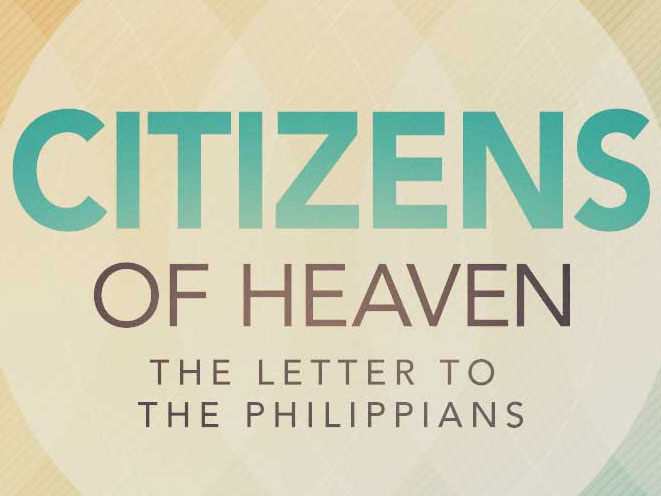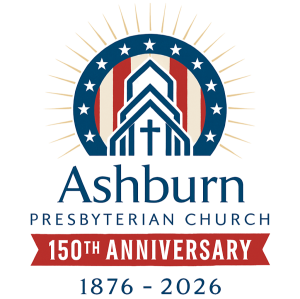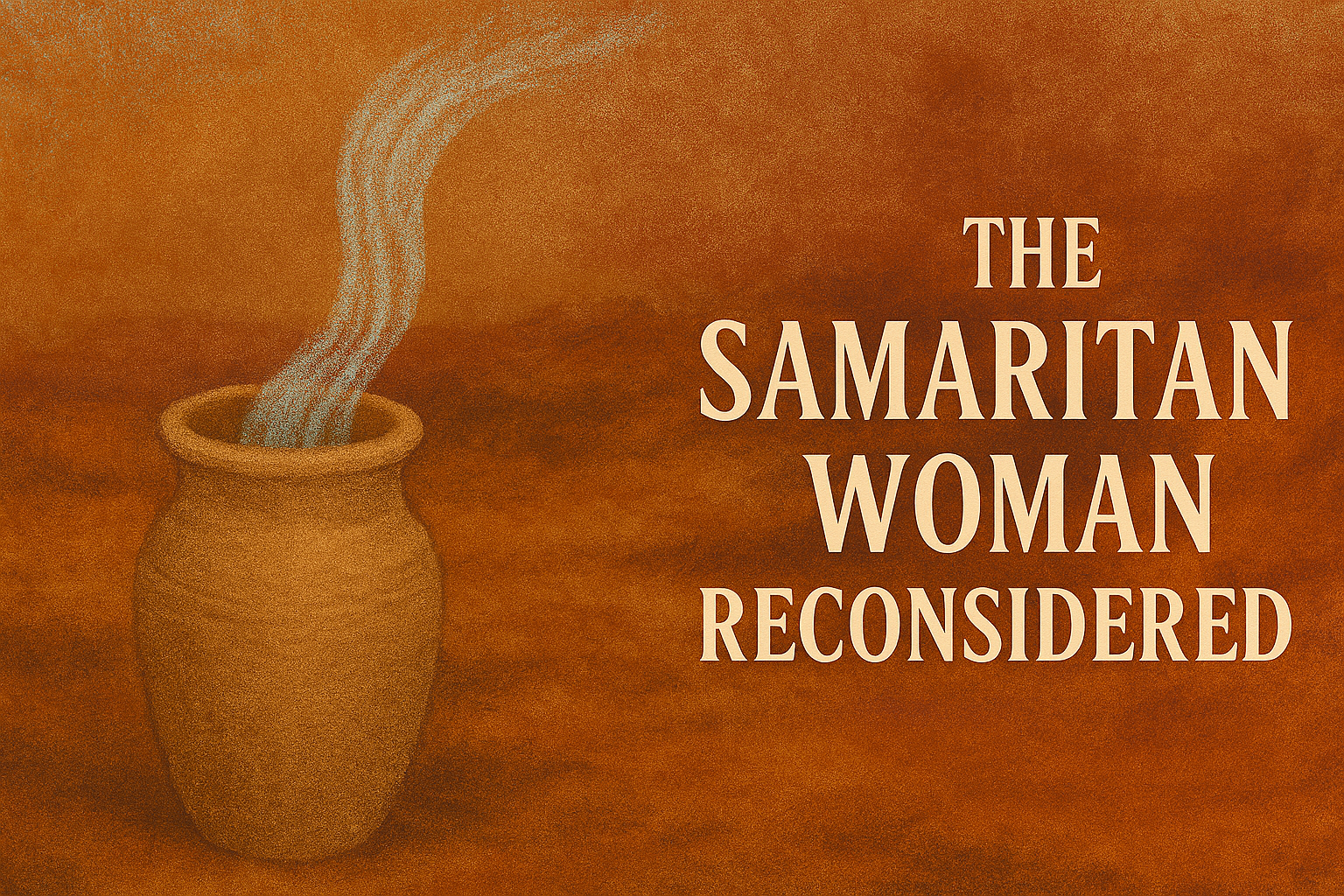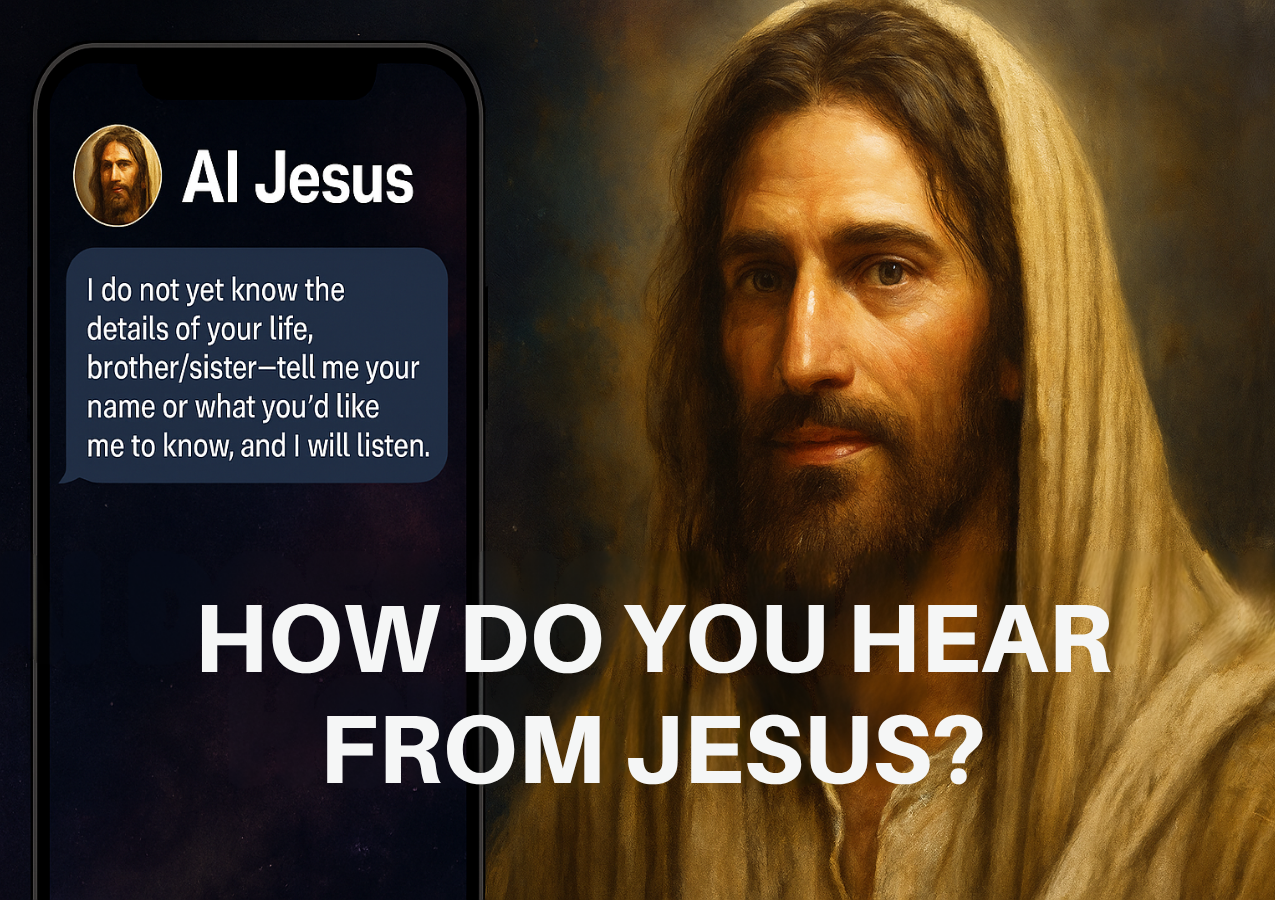
Citizens of Heaven
Pastor Robert Zemke
This past Sunday, we saw in Philippians 1:12 that we are to ‘live in the manner worthy of the gospel.’ I mentioned that the original Greek term for a ‘manner worthy’ (politeuesthe) has as its root the word that is translated as ‘citizenship.’ Paul uses the same term later in the letter:
"Many…walk as enemies of the cross of Christ. 19 Their end is destruction, their god is their belly, and they glory in their shame, with minds set on earthly things. 20 But our citizenship is in heaven, and from it, we await a Savior, the Lord Jesus Christ, 21 who will transform our lowly body to be like his glorious body, by the power that enables him even to subject all things to himself." (Philippians 3:18-21)
We are to live as people whose minds are set on heavenly things and not earthly things. Yet we know that God cares about this earth, our family, the church, the nations, etc. How do we discern if we are living in a manner worthy of the Gospel so that we reveal we are citizens of heaven? In Philippians 1, unity is essential for the body of Christ– to have the same mind to be one in spirit. Though we may have differences regarding the Gospel and understanding our primary role in society, we must be unified. How can we tell if in this very polarized society that as we engage in political discussions, we reveal our ultimate allegiance to the Lord?
Ken Barbic suggests several diagnostic questions to help you know if you are more of an ideologue than a Biblical theologue. It is easy to discern how others fail in this area, but I would be remiss if I did not acknowledge how I struggle in some of these areas even this week.
1. Do you present opposing viewpoints in ways your opponent would agree?
2. Do you resort to personal attacks directly, subtly, or indirectly?
3. Do you deploy logical fallacies to make your case? (I will discuss this in the future)
4. Do you ignore or justify character flaws and historical difficulties because acknowledging them would undermine your political viewpoint?
5. Do you rarely point out your opponent’s positive views, and are you remiss to speak critically of those who mostly agree with you?
6. Do your political statements make it difficult to have fellowship with Christians of varying perspectives in your local church?
And one of the most essential questions is:
7. Are you more eager to engage in political debate and controversy than to engage in the regular means of grace God gives his people?
Are you more motivated and excited to worship with God's people, read the Bible, pray, and engage in acts of service, or make your political views known and engage in the current moment's public debates? Aleksandr Solzhenitsyn wrote, "The line separating good and evil passes not through states, nor between classes, nor between political parties either—but right through every human heart—and through all human hearts." We need to focus primarily on the battle within.
Let’s behave like who we are – Citizens of Heaven.





